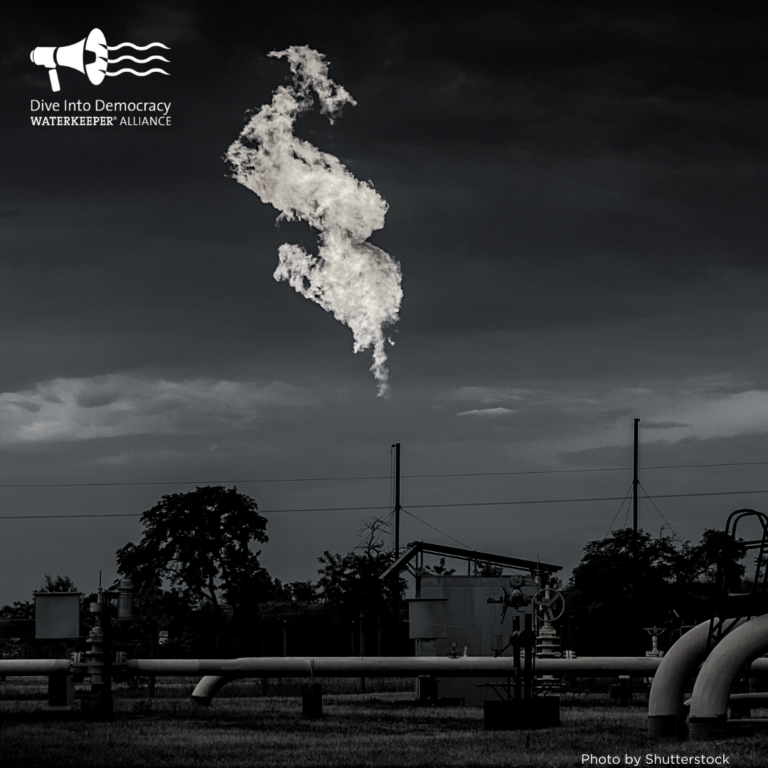Help Us Strengthen and Expand Federal Methane Regulations
By: Thomas Hynes

Recently, the United Nations Intergovernmental Panel on Climate Change (IPCC) reaffirmed what many of us already know: climate change is accelerating and aggressive action must be taken to stem the tide of this impending global catastrophe. In short, the outlook is dire, the window in which to act is rapidly closing, and the stakes could not be higher.
The report specifically called out methane as a key contributor to this climate crisis, which means that “strong, rapid and sustained reductions” of methane emissions could be our best chance at reversing these terrifying trends in the next decade, a critical time period.
On November 2, 2021, the U.S. Environmental Protection Agency (EPA) proposed new federal protections to cut methane pollution from the oil and gas industry. These proposed rules are a step in the right direction, and a signal that the Biden administration is ready to confront the climate crisis head-on by cutting methane pollution. But, they must be strengthened before they are finalized. We must ensure EPA is using the full force of the Clean Air Act to meet this moment in the climate crisis by establishing regular leak monitoring requirements for all oil and gas wells, including smaller leak prone wells, and imposing strict limits on routine flaring at all wells.
EPA is accepting comments on its proposed methane regulations from now until Friday, January 31st, 2022.
Will you join us in submitting a comment to urge EPA to adopt the strongest possible methane rules?
Methane is 86 times more powerful a greenhouse gas than carbon dioxide in the near term. Methane emissions from human activity account for about 25 percent of all global warming. In the U.S alone, the oil and gas industry releases 16 million metric tons of methane each year, with the same near-term climate impact as 350 coal fired power plants. Internationally, the U.S. is the second largest methane emitter from oil and gas operations worldwide, second only to Russia. Within the U.S., the oil and gas sector is the largest industrial source of methane emissions.
By 2035, the EPA estimated, the erased heat-trapping potential of the eliminated methane pollution would exceed the atmosphere-warming force of CO2 emissions from all U.S. passenger cars and commercial aircraft in 2019.
That is why reducing methane pollution from the oil and gas industry is the single fastest, most cost-effective way to slow the rate of warming today. The proposed U.S. regulations would affect hundreds of thousands of oil and gas facilities. More regular inspections for leaks and disrepair would also help reduce emissions, as would replacing outdated equipment, and prohibiting the practice of methane flaring.
In the same way that combatting methane is our greatest opportunity to reverse this troubling trajectory, urging EPA to implement and enforce these necessary safeguards may be our best chance to achieve these urgent goals.
That is why we must urge EPA to adopt comprehensive, new and existing source rules to cut methane pollution from the oil and gas sector before it’s too late.
The science is clear. Reducing methane emissions is one of our best opportunities to reverse the effects of climate change. EPA has the power to make these changes. We know what the problem is and how to begin to address it. The only thing we don’t have much of is time.
Contact EPA today in support of these urgently needed regulations on methane emissions.